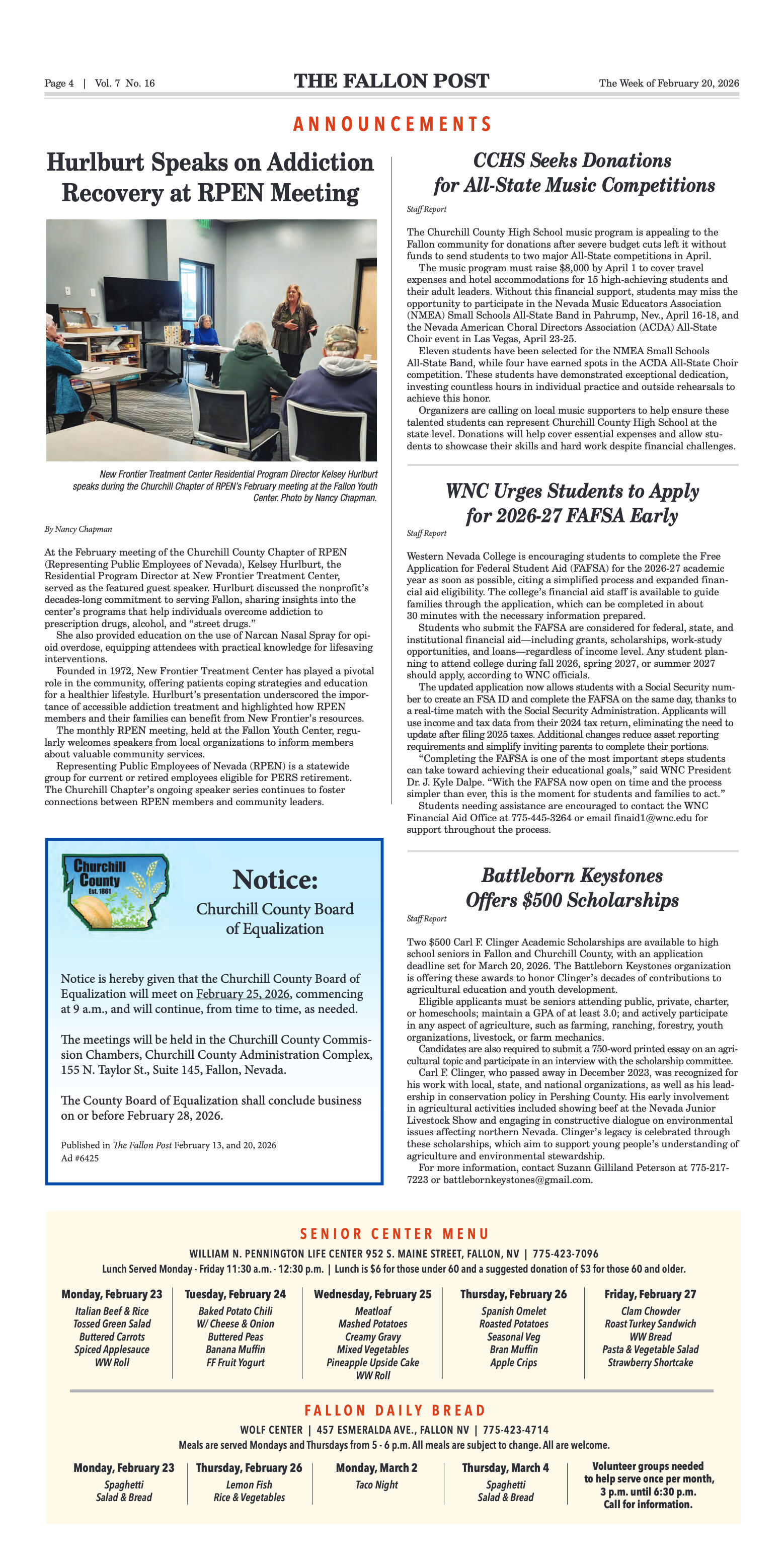- Only invest money you won’t need for a long time. If you can tell yourself that the money you are investing today is money you won’t really need for 20 or 30 years, you’ll be better prepared, psychologically, to get through the down periods of the financial markets. And as long as you aren’t overextending yourself financially in other parts of your life, you really shouldn’t need those investment dollars for a very long time. They should be earmarked for goals you hope to achieve far into the future, such as a comfortable retirement.
- Keep your focus on what is most important to you. If you can visualize your long-term goals, you’ll find it easier to keep working toward them. For example, if you are hoping to travel extensively when you retire, keep thinking about what that might look like. You might even research the countries you plan to visit, even if these trips are far in the future. Ultimately, if you know where you’re going and you’re determined to get there, you’ll get past the bumps in the road.
- Don’t spend excessive time reviewing your investment statements. A bad month or two can cause some noticeably negative numbers on your investment statements. But if you can discipline yourself to avoid spending too much time dwelling on these figures, you may feel less stress about investing – and you may even be less tempted to make short-term moves that could have unfortunate long-term results. However, if you do want to study your investment statements, don’t just stop at the most recent results. Instead, look for trends that might tell a different story. Has the number of shares you own in various investments increased significantly over time? And over the past five or 10 years, has your portfolio’s overall performance been positive? By digging a little deeper into your statements, you might gain more confidence in the course you’re following.

It’s a fairly predictable pattern: When the stock market rises, more people invest, but after a large-scale drop, many of these same people head for the exits. But by staying out of the financial markets, and only putting their money in “safe” vehicles that offer few or no growth prospects, are they really helping themselves? Here’s the bottom line: If you’re going to make progress toward your long-term goals, you have to become a long-term investor. But how?
To begin with, you need to understand that long-term investing involves accepting inevitable short-term price swings. You may not like seeing those sharp price drops, but it will help your outlook greatly if you can keep them in perspective. Studies have shown that the longer you hold your investments, the less impact market volatility can have on them.
So, to reach that point where the market’s ups and downs have less of a cumulative impact on your holdings, consider the following actions:











































Comment
Comments